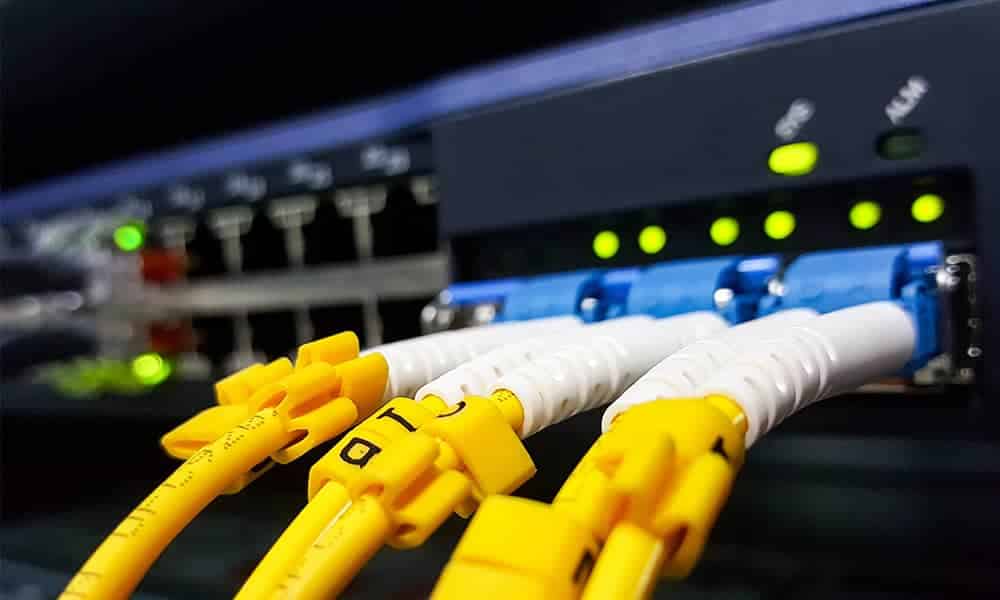
Over the next few years, BT is phasing out its ISDN services and will move to a fully digital network utilising IP across a fibre-based service. All customers using this service will be transferred before 2025 before they switch off. There will be a forced migration phase between April 2025 to December 2025.
The switch-off is happening everywhere and fast. Germany, Japan, and Sweden are ahead of us as they are shifting. Estonia and The Netherlands, however, have already turned off their PSTN networks.
The PSTN, or Public Switched Telephone Network, is a 20th-century technology designed to handle communications in an earlier era. As such, it's struggling with the demands placed on 21st-century telephones, which have more functions and offer more outstanding capabilities.
The old-fashioned phones from days ago are now considered "out of date" because they cannot keep up with the modern way of doing things.
With the introduction and popularity of mobile phone services, people have been looking to replace their traditional landline phones. Although they provide excellent service over a local distance, the way forward is via digital technology, as there is no limit on how you communicate.
The move to a more dynamic way of communication in the workplace other than face-to-face seems to be the new world. With instant messaging and video conference calls taking place whenever you are in day-to-day working life, the current PSTN and ISDN lines cannot function to demand. This is where VoIP, known as IP telephony and voice-over broadband, takes advantage.

There are three main benefits of the switchover. Firstly, VoIP costs are lower than landline calls because of the number of users and the lack of phone lines to respond to the demand. This is also a considerable advantage if you regularly contact someone abroad. After talking to them, you will not have to worry about accumulating an expensive bill.
Higher scalability is also a plus, as you will not have to purchase additional hardware when wanting to expand since the phone network will be digital. With a unified network, you can better manage peak seasons and accommodate surges in communications.
VoIP is more than just an effective way to communicate voice-to-voice. It also provides additional features that make it easy for you and your team members to work together more effectively, like holding conference calls or sending videos during the discussion process without interrupting anyone else's conversation, making multitasking easy.
All services that use the copper phone line will be affected. That also includes the traditional "landline" phones, so the ISDN-based PBX in your office (if you have one) will also become irrelevant in its current form. It will also affect technology, such as door entry systems, panic alarms, and fax machines.
Although the switch-off is not happening instantly, it is essential to prepare now. There are many factors to consider, such as 'Will I need to get rid of our telephones and purchase new equipment, or will we need to improve our internet speeds to ensure the connection is fast enough to support IP telephony?' Ultimately, it would be best if you do not wait till 2025 to switch over.
If you have any questions regarding the switchover, please do not hesitate to contact us at Silver Lining.

